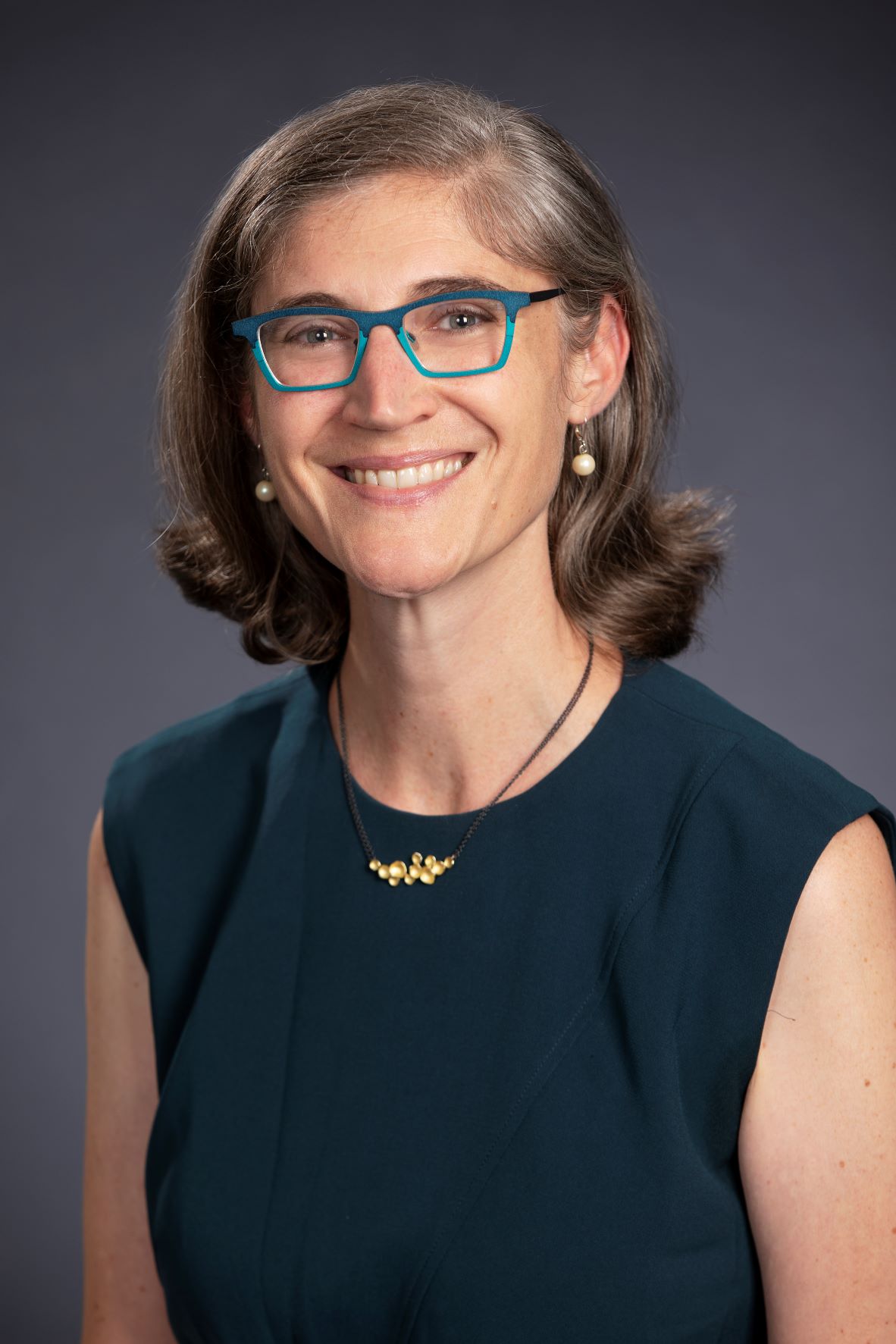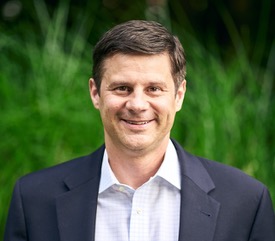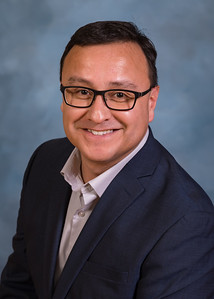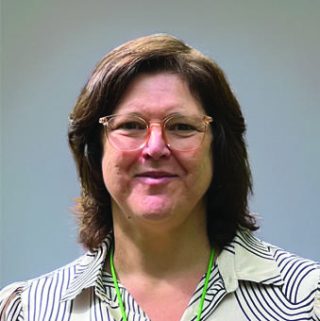FOCUS
Leadership, redefined and redesigned
University-district partnership takes a new approach to principal prep
By Sarah Woulfin, Casey Cobb, Jennifer McGarry and Richard Gonzales
Categories: Career pathways, Collaboration, Leadership, Learning designs, Learning systems/planning, School leadershipDecember 2020
Vol. 41, No. 6
The role of school leaders today is more complex than ever. Just ask principals.
Principals juggle a vast array of tasks, including creating and enacting an organizational vision, serving as instructional leader, nurturing a positive school culture, developing teachers’ capabilities, and fostering authentic connections with students, their caregivers, and surrounding communities.
In short, principals are critical to the effectiveness of our schools, especially those serving children with the fewest advantages in life.
So how can we ensure that principals have the skills to carry out this challenging and evolving job? Enter the powerful combination of university principal preparation programs and the school districts their graduates feed into.
Research has demonstrated the value of university-district partnerships in supporting the development of effective school leaders, and much has been written about how to initiate, structure, adapt, and sustain those partnerships. But in practice, the effectiveness of these principal preparation partnerships varies greatly.
Since 2016, the University of Connecticut has been part of an effort, supported by The Wallace Foundation, that seeks to improve principal preservice training. A centerpiece of that work is the development and operation of university-district partnerships, from start to finish.
Alongside the Connecticut Department of Education, we have worked in partnership with Meriden Public Schools, Hartford Public Schools, and New Haven Public Schools. The latter two are the second- and third-largest districts in the state, respectively, but all three are urban districts serving a high number of students from low-income families.
Here we share how our experience in the University Principal Preparation Initiative shifted our mindset about the work we do with school districts from a transactional to a transformational partnership. We’ve learned some important lessons in our collaborative journey to enhance principal preparation in Connecticut.
A changing perspective
Before the initiative, we somewhat narrowly conceived of districts as consumers of our “product”— graduates who would eventually fill school leadership posts in their schools. As such, our ties with district partners involved communicating about hiring processes and serving as connectors between our students and district talent offices. In practice, the end goal of our UConn Administrator Preparation Program, known as UCAPP, was filling human resource talent pools.
Just as necessity is the mother of invention in business, it can be the motivation for adaption in education. We now understand the necessity of school districts informing principal preparation and helping to address weaknesses in it.
For instance, we began our program redesign by convening a team of department faculty, professors, and district representatives to audit the existing UCAPP curriculum. One early finding was both enlightening and uncomfortable: We weren’t adequately preparing our students in the areas of inclusive leadership, data analysis, and family engagement.
To close these gaps in our new program of study, we engaged our district partners to define internship experiences for our students and assessments rooted in the reality of principalship work.
Collaboration, in our new way of thinking, helps us better prepare leaders with the knowledge, skills, and judgment to deal with problems of practice out in the field. Our partner districts now share data on their priorities to make sure our program adequately prepares leaders districts want to hire.
Knowing, for example, that districts across Connecticut share the challenge of chronic student absenteeism allows us to infuse this topic in the coursework. Instead of talking generically about school improvement, we can focus readings, discussions, and assignments on aspects of absenteeism to develop future school leaders’ capacity to do something about it. Our hope is that this will mean that our graduates will need less on-the-job training to perform successfully.
What’s more, university-based faculty and staff engage with district partners with a newfound sense of curiosity and openness to sharing ideas and learning from one another. Rather than viewing ourselves as perceived experts in either leadership or leadership preparation, we take the most pride in the title of “continuous learner.” That’s because our learning has the potential to improve both principal preparation and district school leadership activities across Connecticut.
Greater collaboration
Even before our involvement in the initiative, we acted in accordance with research on university-district partnerships suggesting that formalized agreements between the parties are a best practice. We developed written agreements with districts to aid in UCAPP operations.
In exchange for professional learning for a group of its teacher leaders, a district would agree to recruit aspiring teacher leaders to attend information sessions and allow the use of district space for program classes. This practice reflected the transactional approach we applied to partnerships at the time. Until we viewed partnerships differently, we narrowly measured success only by self-serving outcomes — enrollment, graduates, and placements.
While we continue to cooperate with districts on strategic recruitment and development of principalship candidates, we now also collaborate with them on initiatives aimed at responding to other talent management issues.
For example, in one district where annual teacher turnover is a problem, we created a three-year teacher leadership program to enhance the instructional leadership capabilities of high-performing teachers. The group meets monthly at a school in the district and begins by discussing how to transfer theory about successful teaching and learning to classroom practice. By the end of the program, these teacher leaders design and present professional learning for their colleagues across the district.
We are proud and encouraged that the district retained eight out of nine teacher leaders who participated in the first cohort. We learned from their feedback that they all felt like they grew as teachers and leaders, but building community with their peers is what they valued most.
In another district, early-career principals were struggling to form and cultivate effective leadership teams. Our program responded by incorporating into our curriculum field-based learning activities aimed at developing leadership teams.
We are also working with our state department of education to share what we have learned with other university-based programs. Developing effective leadership teams may emerge as a priority for other programs, and we are prepared to help build the capacity for strong work in this area statewide.
The shifts in thinking about, and our approach to, partnerships are consistent with the words of Stephen Covey, author of The 7 Habits of Highly Effective People, “Sow a thought, reap an action” (Covey & Covey, 2020). In many ways, the UCAPP redesign process is an example of transformational change achieved through continuous learning.
Essential lessons learned
In our experience, the success of a program can be traced back to the strength of the partnership behind it.
Consider the case of one program partner. The program director and a key district leader spent a year exploring interests and brainstorming collaboration ideas before engaging teams from each organization in a year of planning to launch an urban leadership cohort. Two years later, 10 veteran teacher leaders graduated. Half would move into leadership positions within a year. The district and UCAPP agreed to continue the partnership with a second cohort.
Unfortunately, major personnel changes in top leadership positions led to voiding the partnership agreement within weeks of the launch of the second cohort. Four years of building, planning, and cooperation was effectively paused, possibly undone, and remained so until the next stage of major personnel changes almost two years later.
The good news is that the infrastructure of the relationships and collaborative work survived. New leaders, aware of the four productive years of collaboration, have made the partnership a priority again.
We have also been faced with change in state-level leadership. The head of the Connecticut State Department of Education Talent Office left after serving in the role during our program’s period of growth and change. This member of our team had supported UCAPP for more than six years and was instrumental to our redesign work. Our priority with the new leader is to build a working relationship, not merely brief her on the redesign project, which she will soon join.
If experience is the path to knowing, these are a few important lessons we’ve learned from our experience of growing and restructuring UCAPP:
Organizational partnerships are ultimately relationships between people. Individuals in each organization who serve as brokers and connectors are critical to the stability of the partnership.
Trust is paramount. The trust established among partners creates conditions where all are inspired to take risks and be more innovative.
Support from top leadership at the state, district, and university level is essential. Much of the time and effort required to make partnerships work is done by individuals in other roles, but the heads of those organizations matter. In some cases, they are the only individuals who can single-handedly help or hinder progress.
Organizational change expert Peter Senge describes a learning organization as “a group of people working together collectively to enhance their capacities to create results they really care about” (Fulmer & Keys, 1998). We think this captures the essence of district-university partnerships, too.
References
Covey, S.R. & Covey, S. (2020). The 7 habits of highly effective people. Simon & Schuster.
Fulmer, R.M. & Keys, J.B. (1998). A conversation with Peter Senge: New developments in organizational learning. Organizational Dynamics, 27(2), 33-42.
Gates, S.M., Baird, M.D., Master, B.K., & Chavez-Herrerias, E.R. (2019). Principal pipelines: A feasible, affordable, and effective way for districts to improve schools. RAND Corporation.
Wang, E.L., Gates, S.M., Herman, R., Mean, M., Perera, R., Berglund, R., Whipkey, K. & Andrew, M. (2018). Launching a redesign of university principal preparation programs: Partners collaborate for change. RAND Corporation.
Categories: Career pathways, Collaboration, Leadership, Learning designs, Learning systems/planning, School leadership
Recent Issues
WHERE TECHNOLOGY CAN TAKE US
April 2024
Technology is both a topic and a tool for professional learning. This...
EVALUATING PROFESSIONAL LEARNING
February 2024
How do you know your professional learning is working? This issue digs...
TAKING THE NEXT STEP
December 2023
Professional learning can open up new roles and challenges and help...
REACHING ALL LEARNERS
October 2023
Both special education and general education teachers need support to help...













